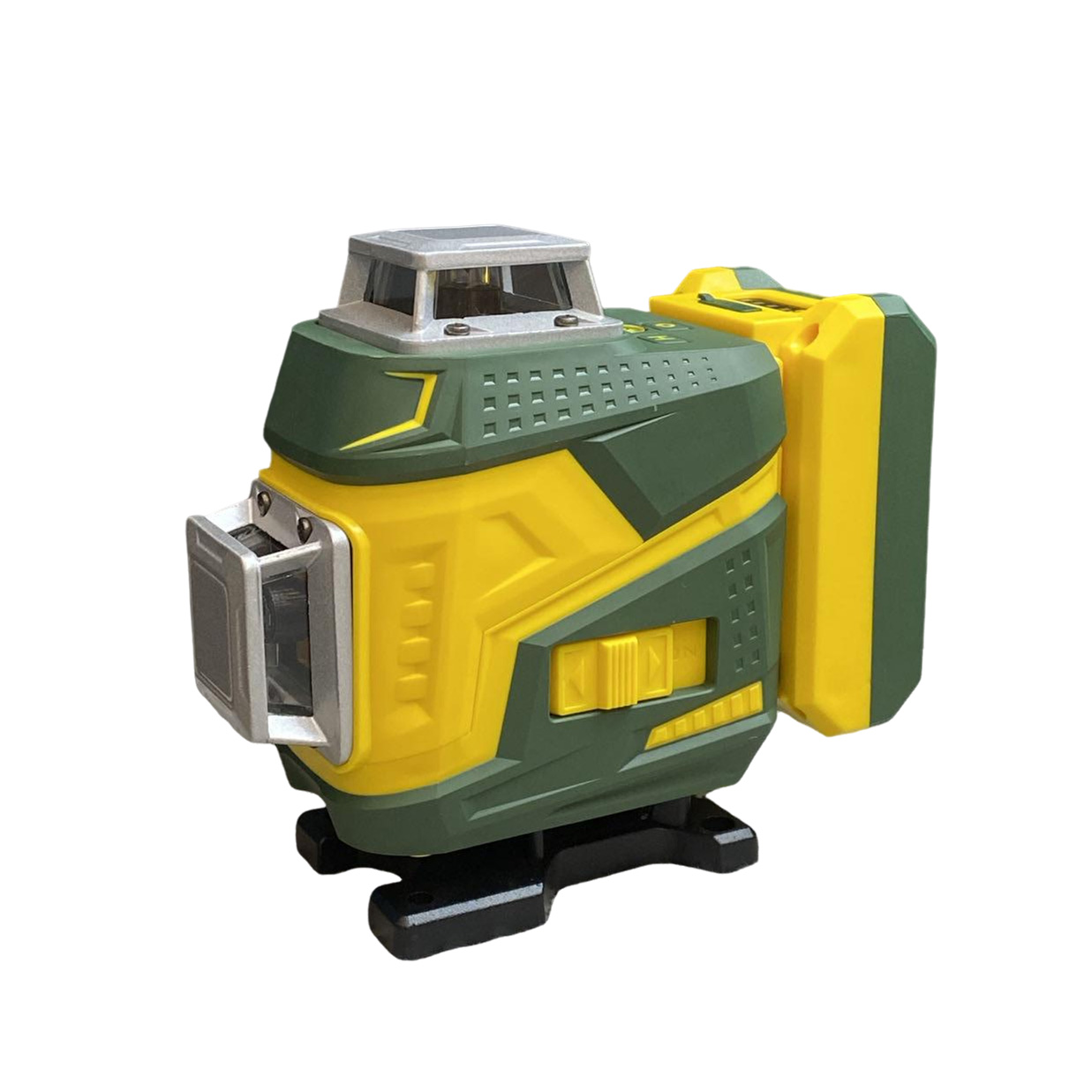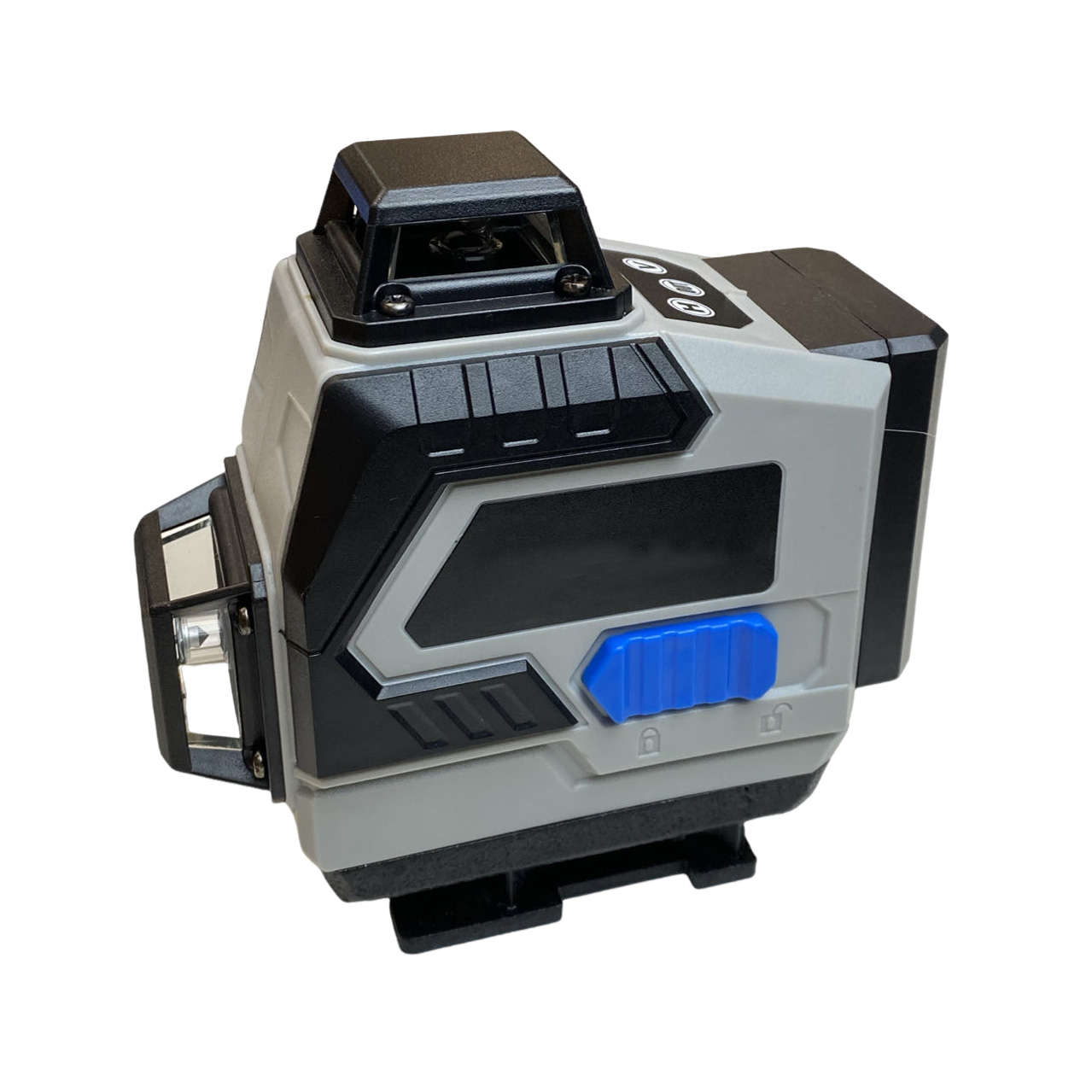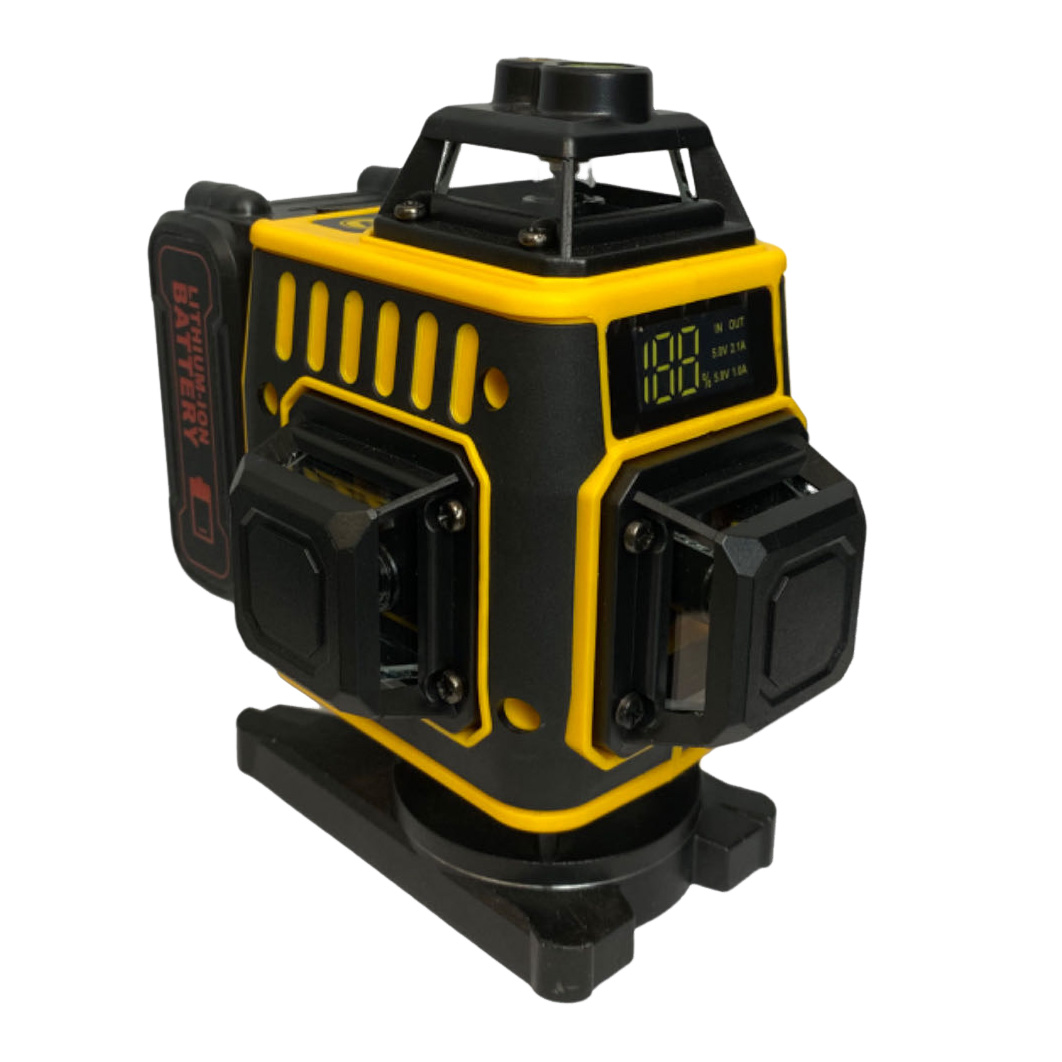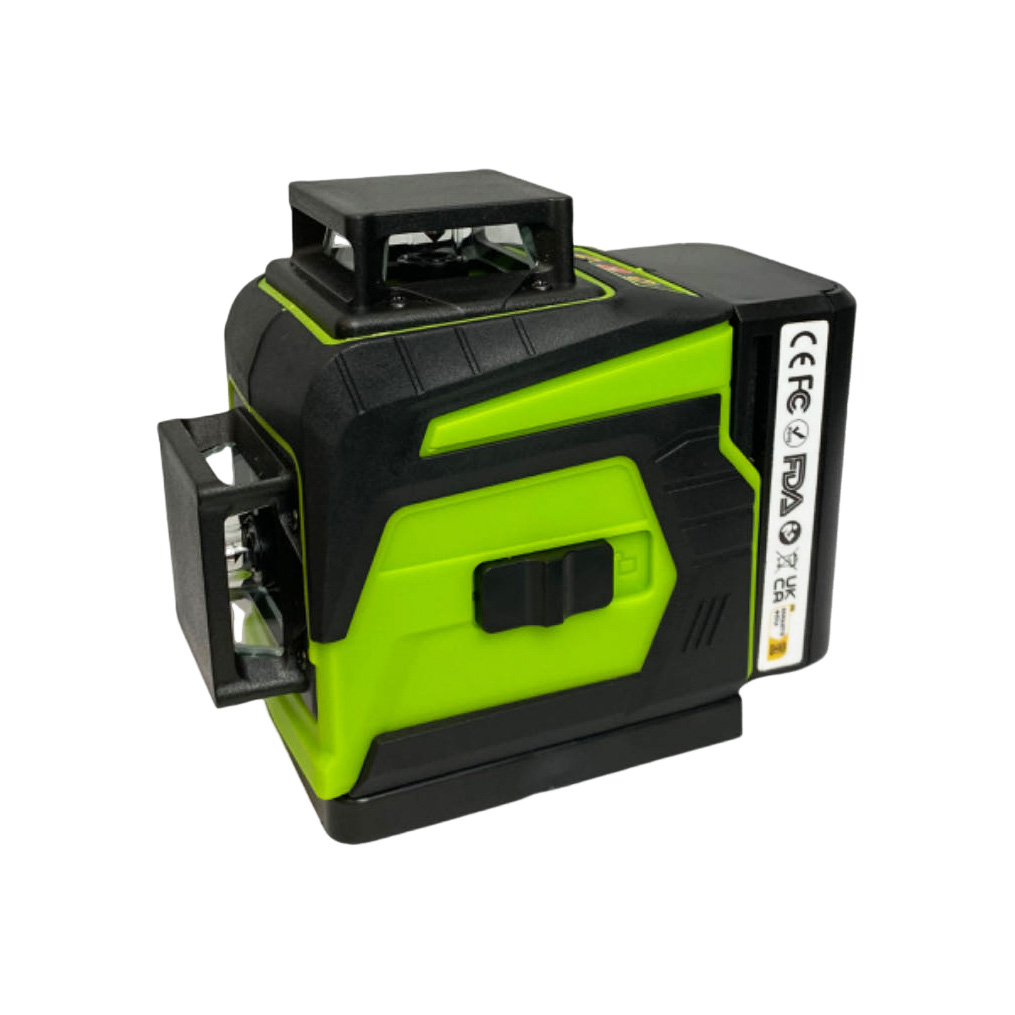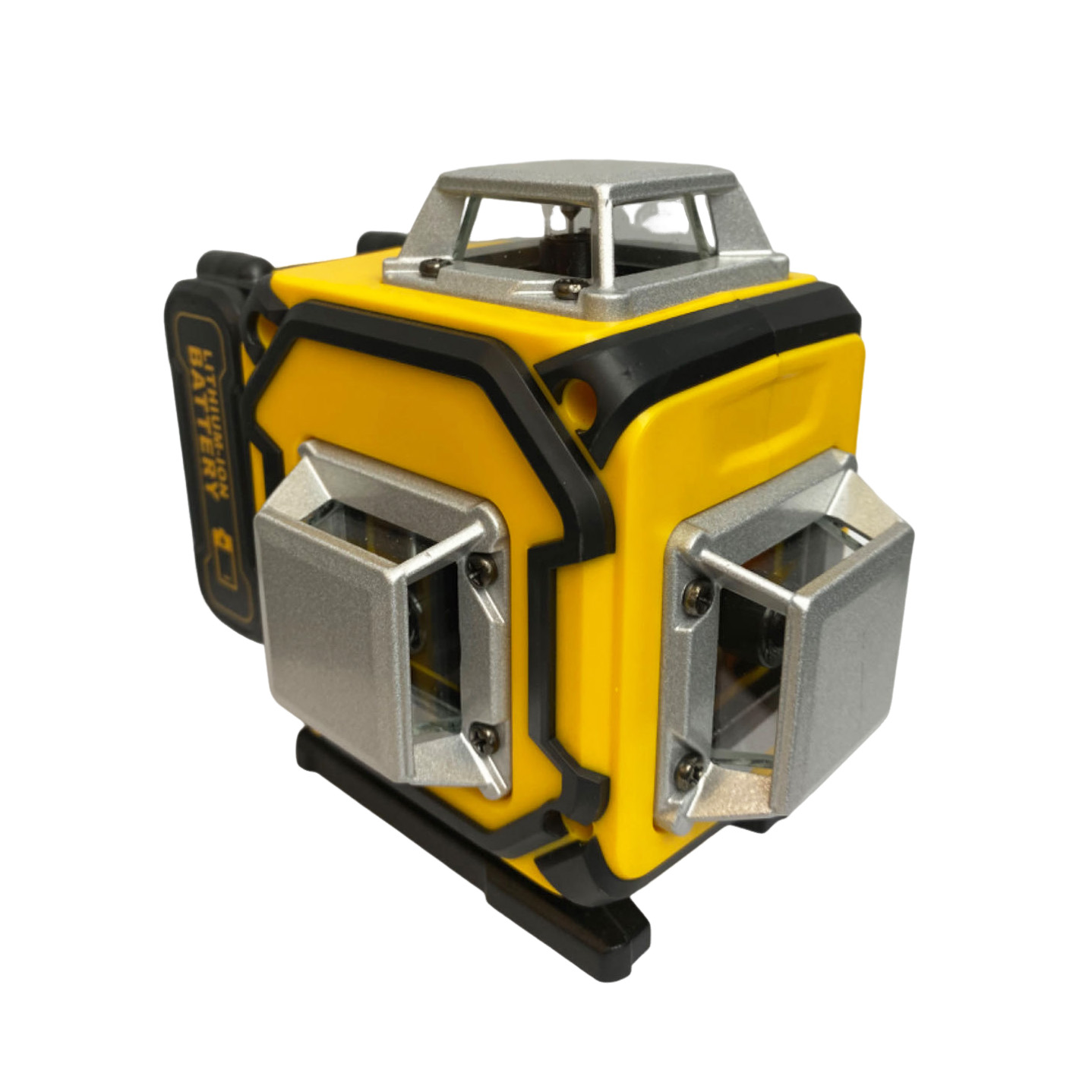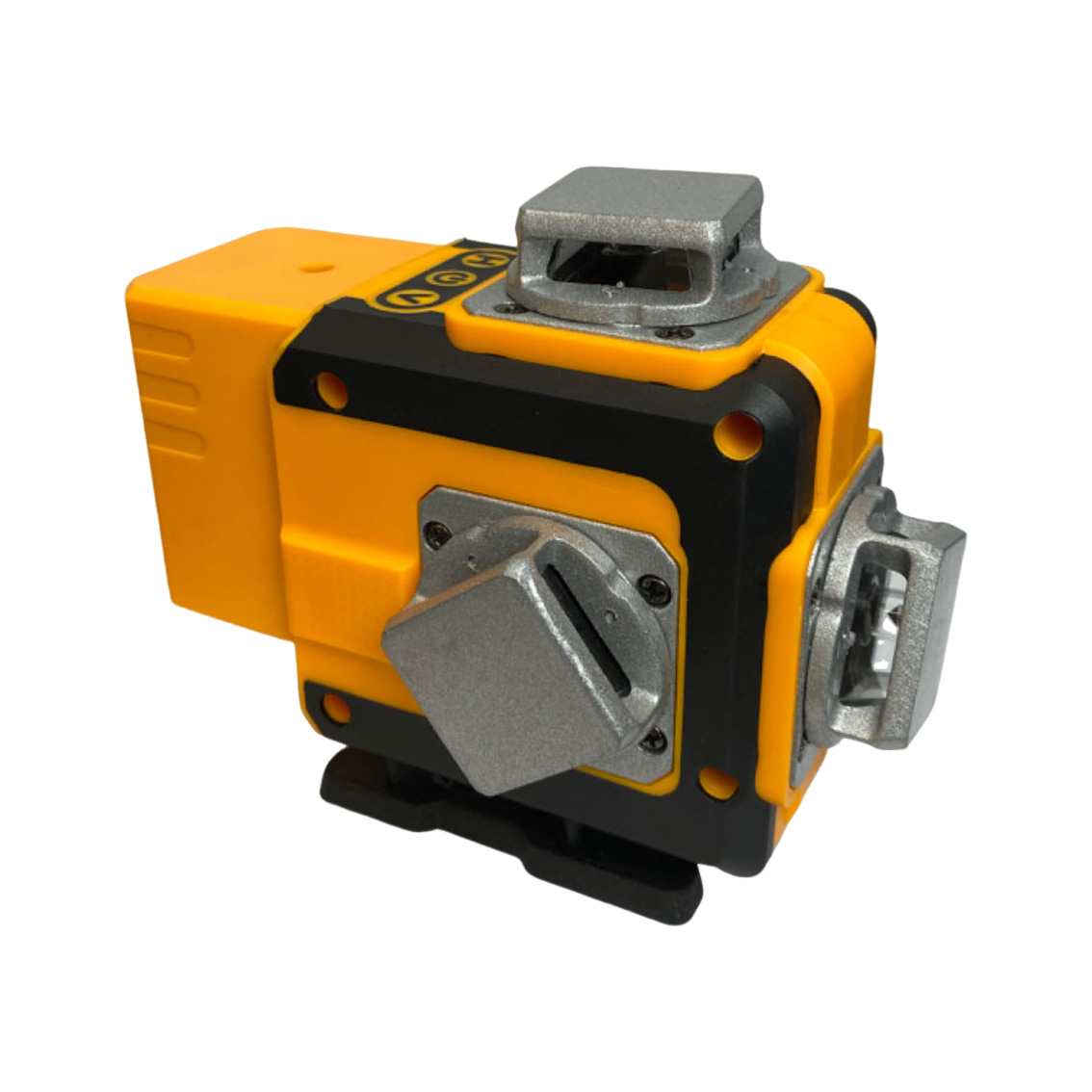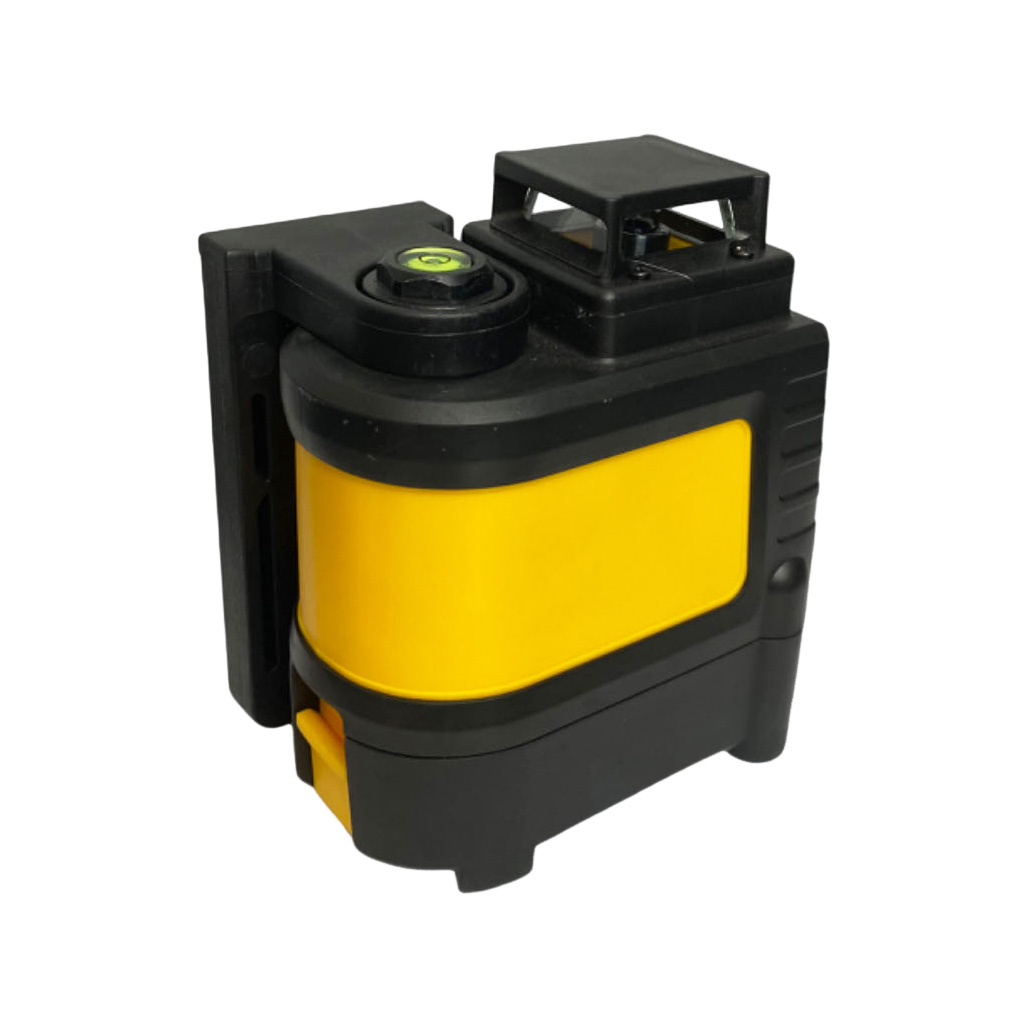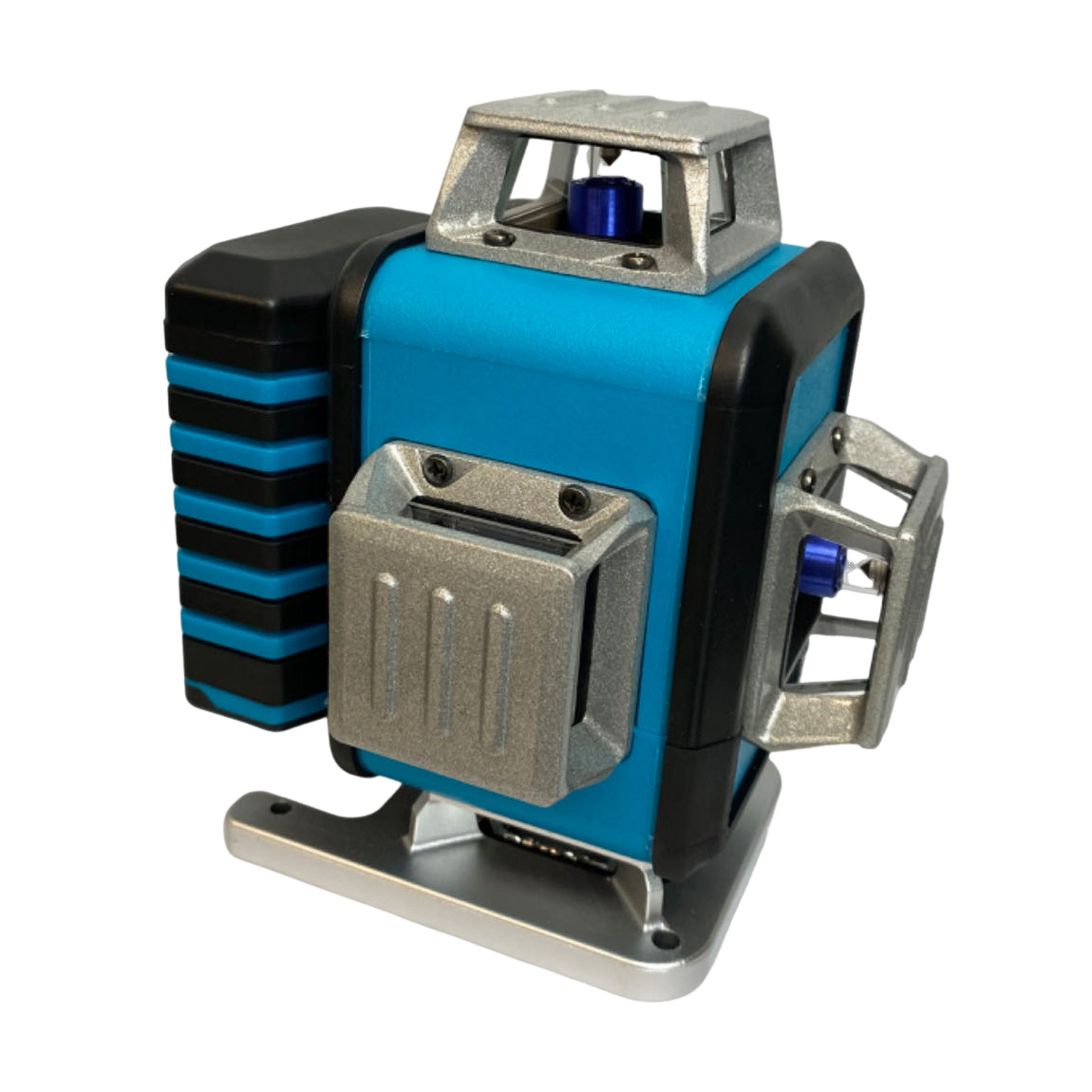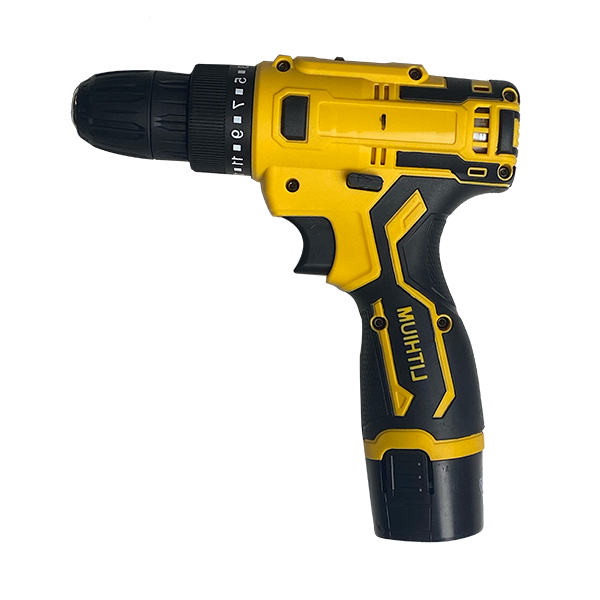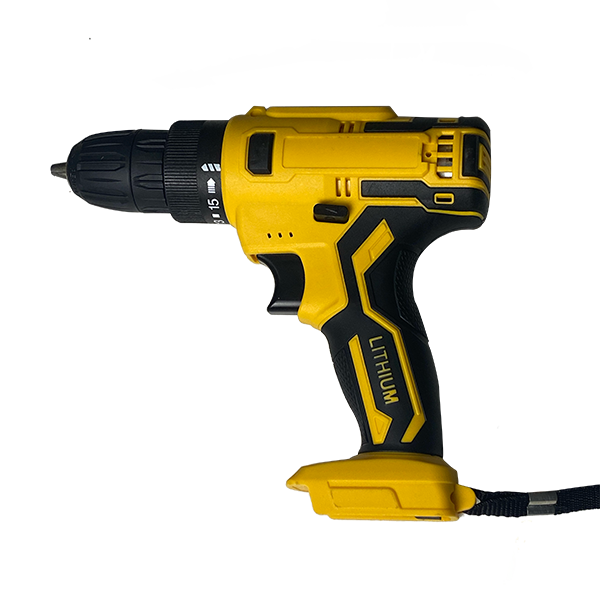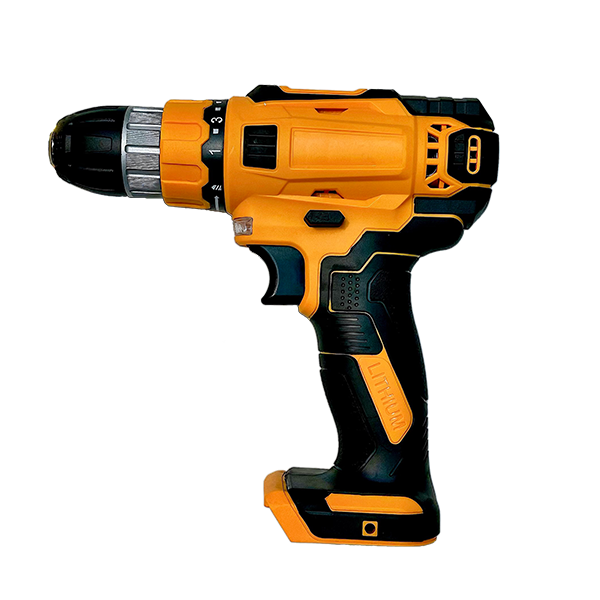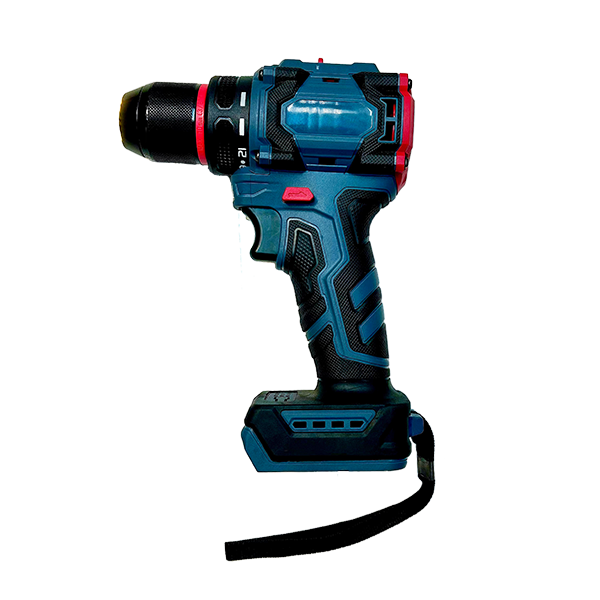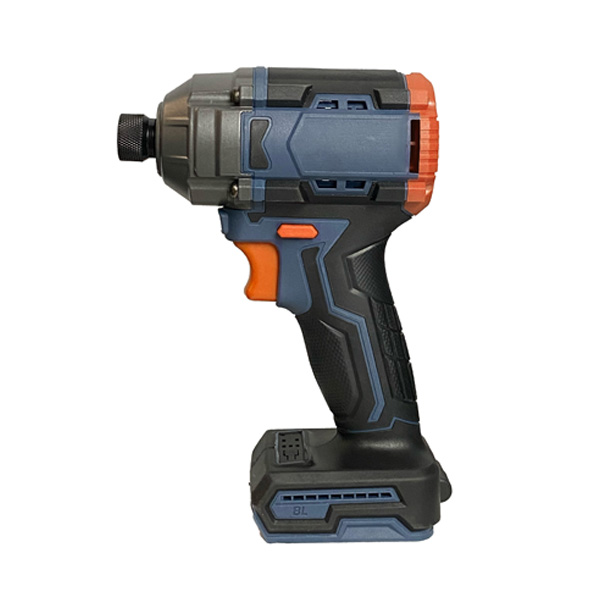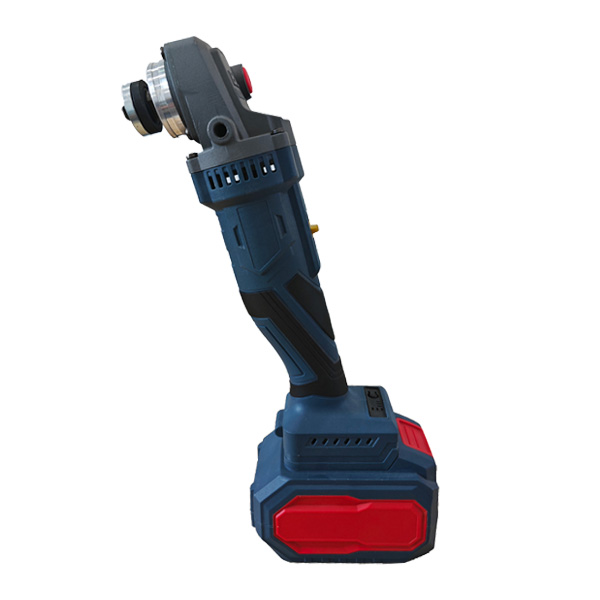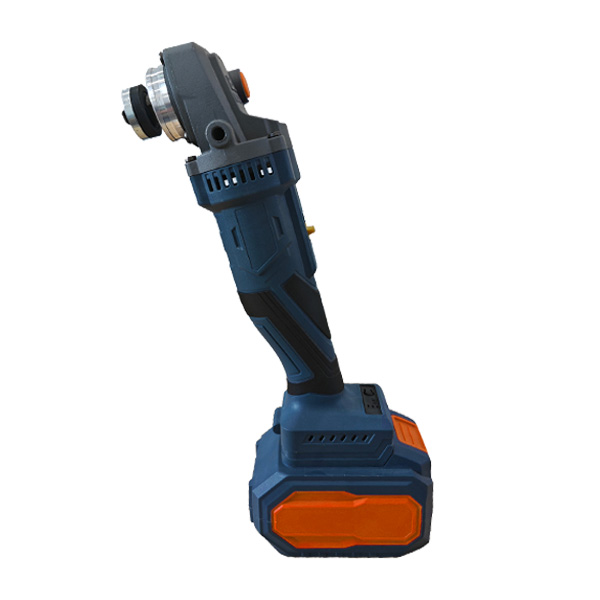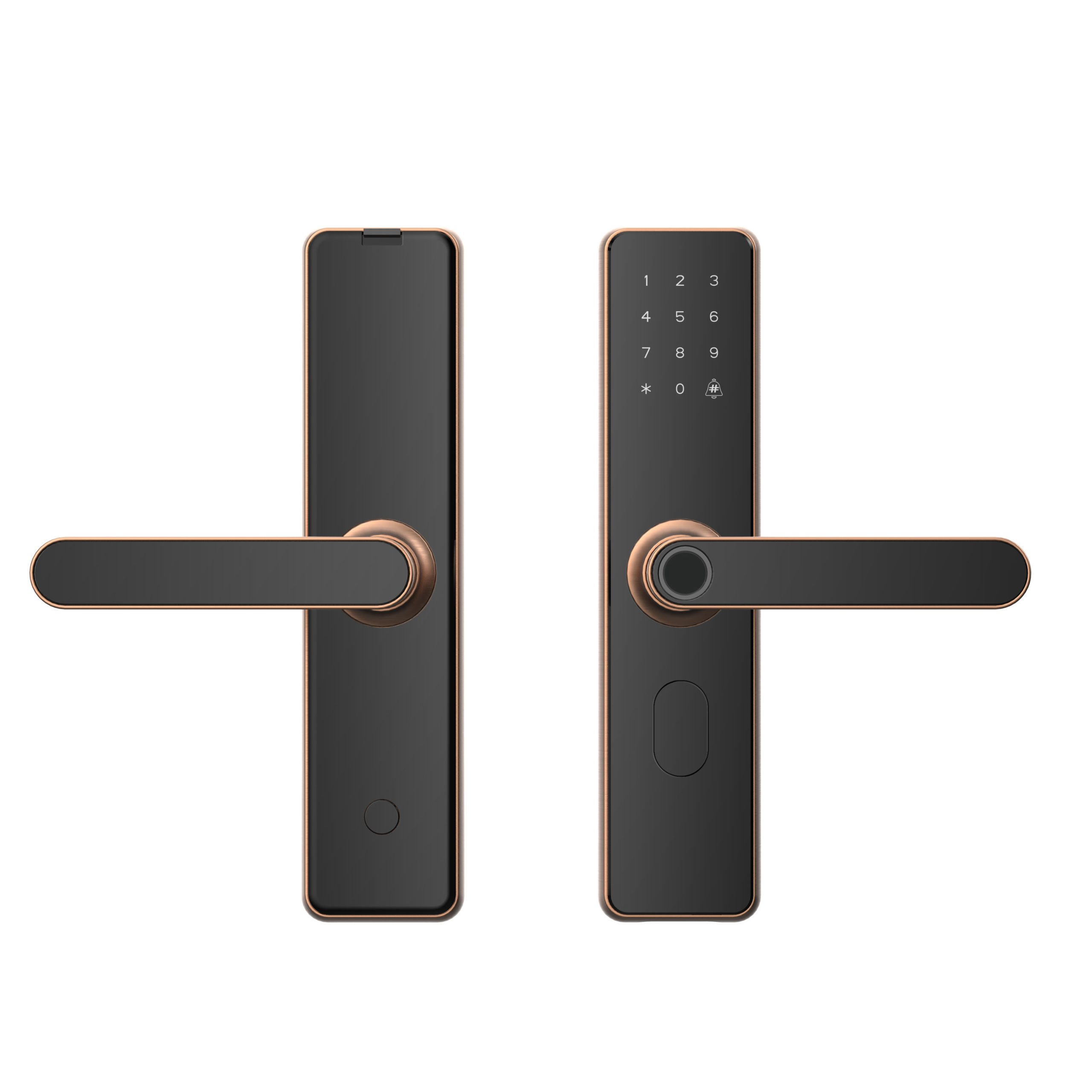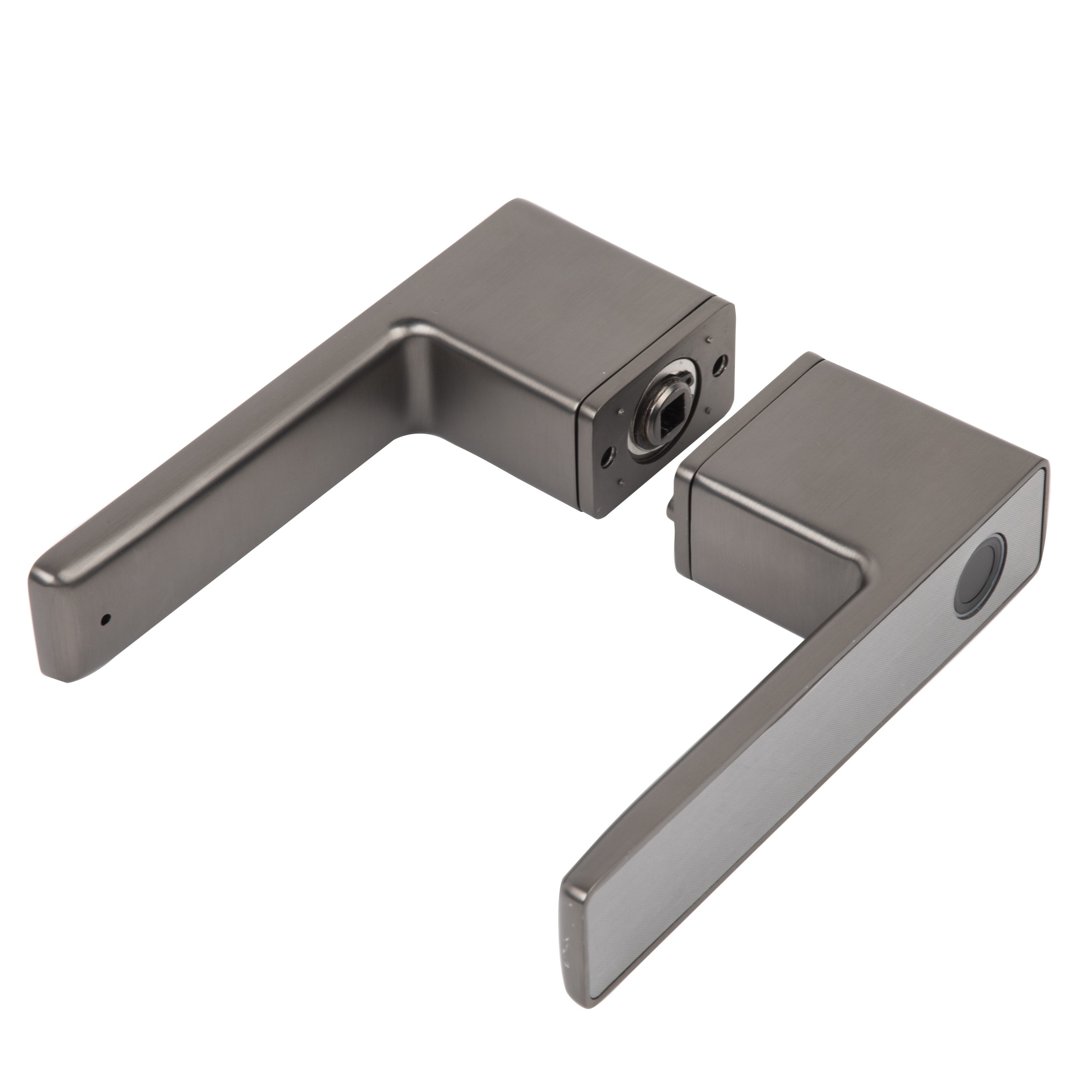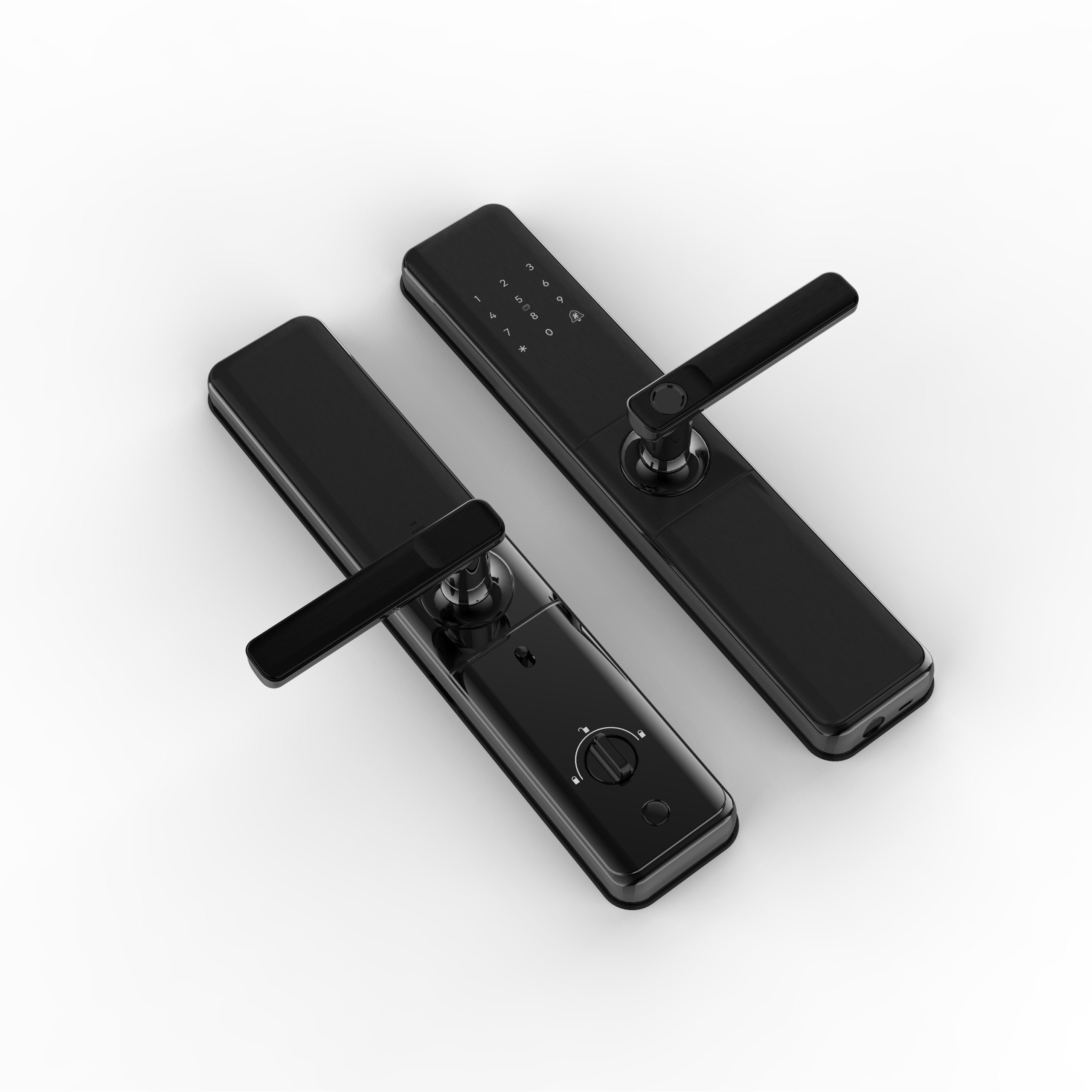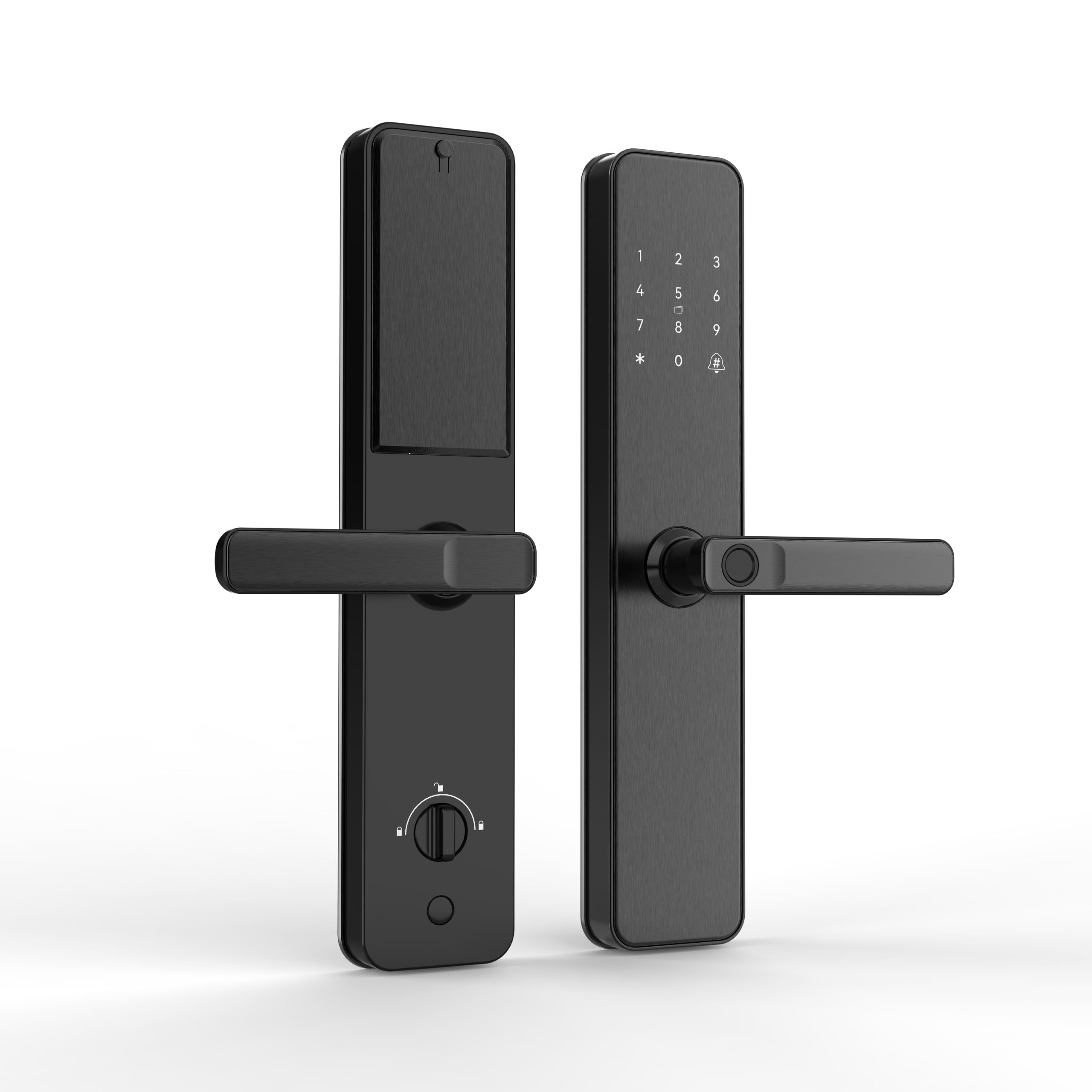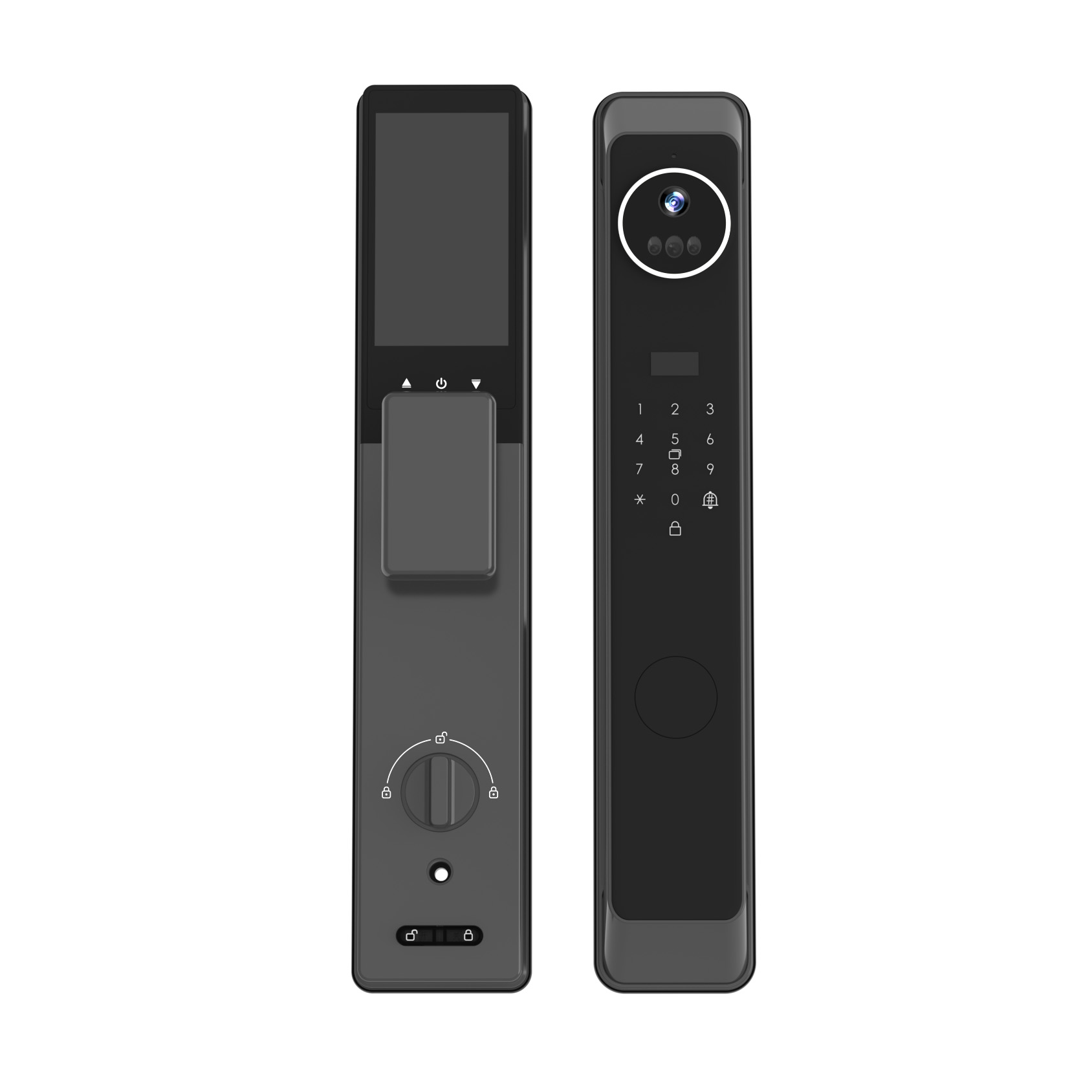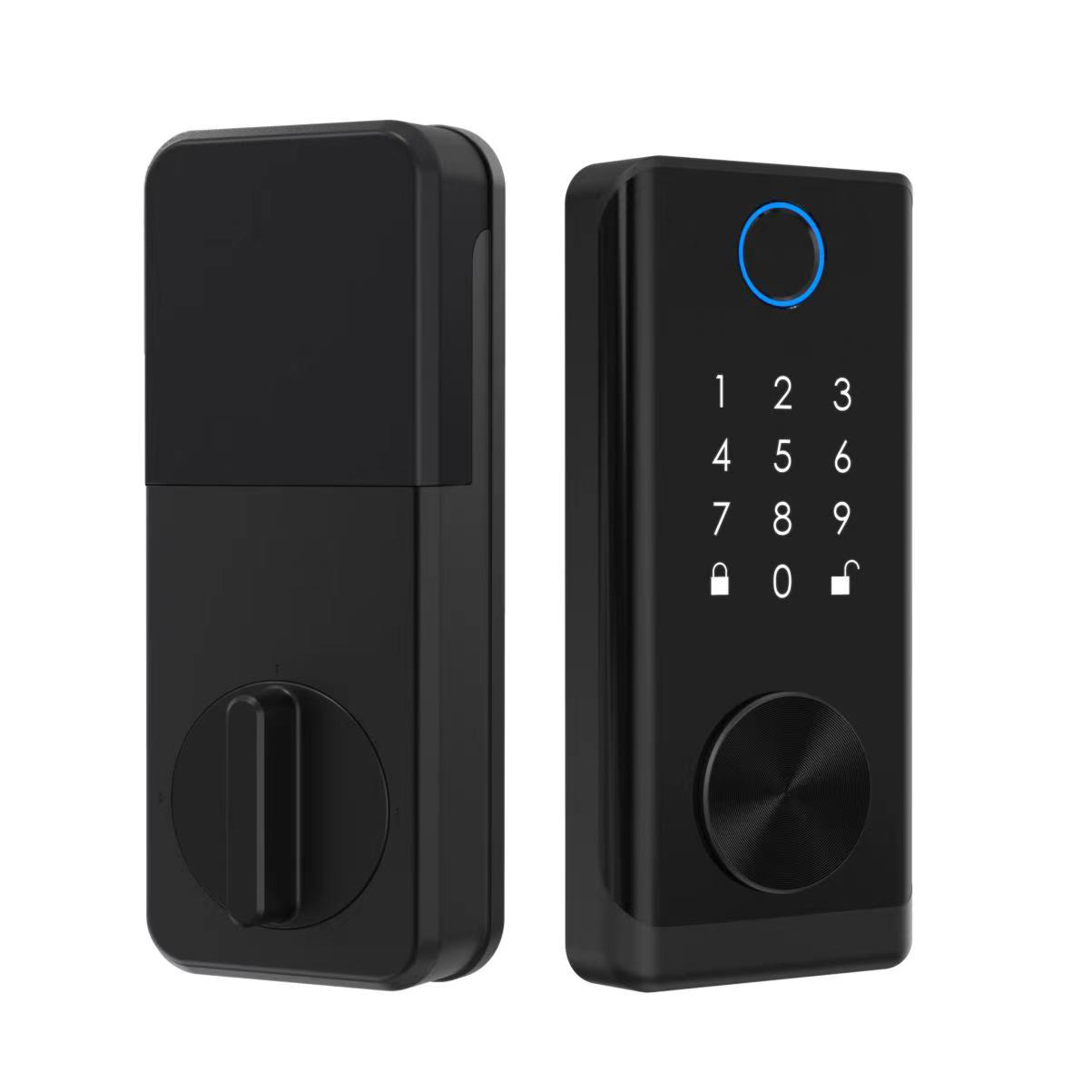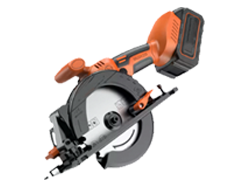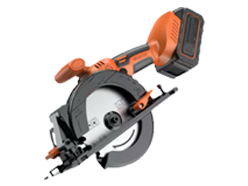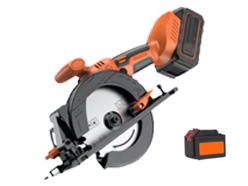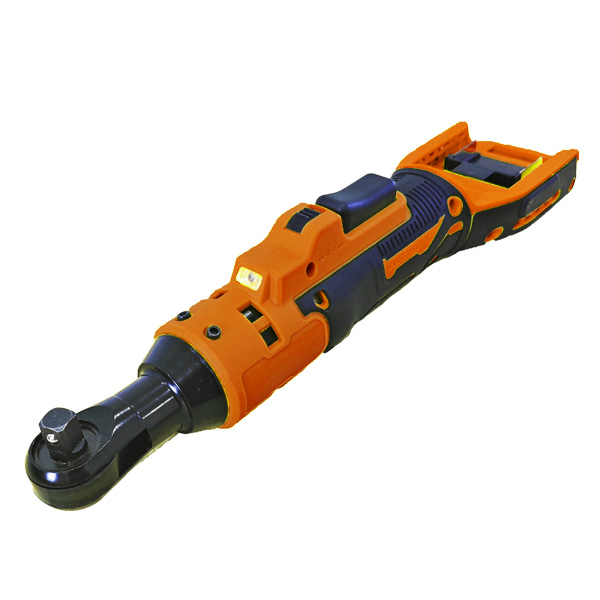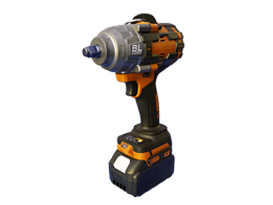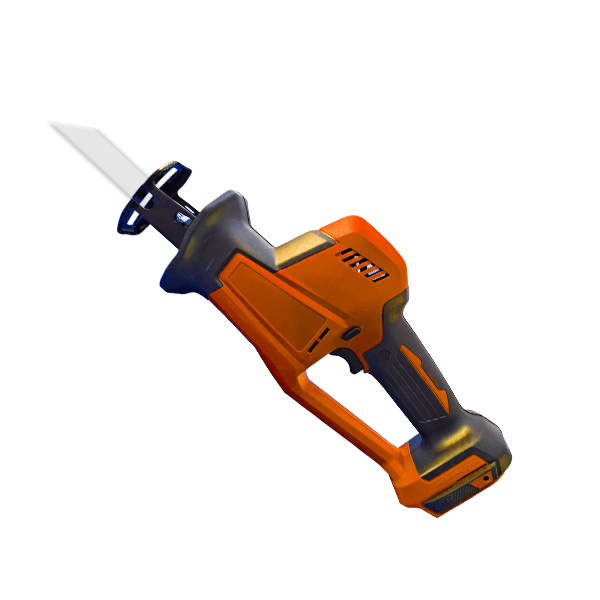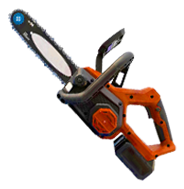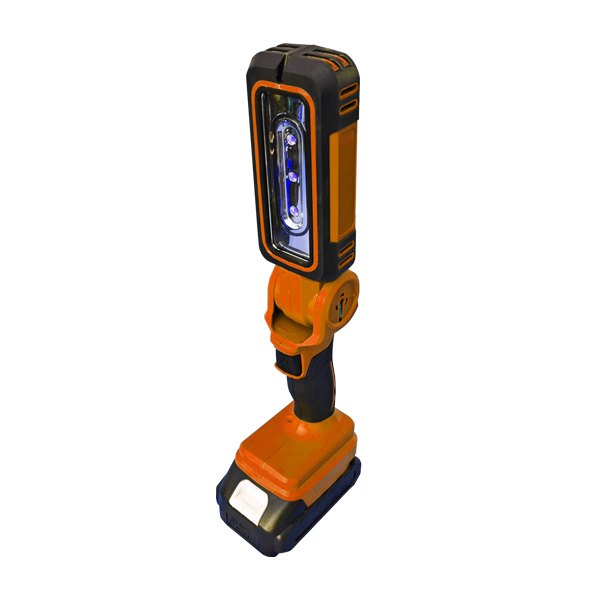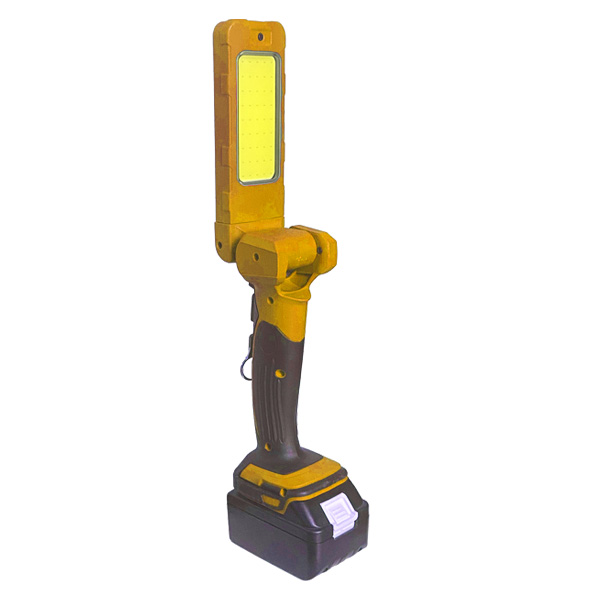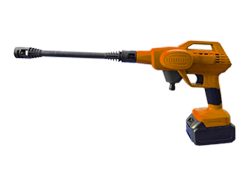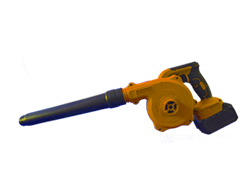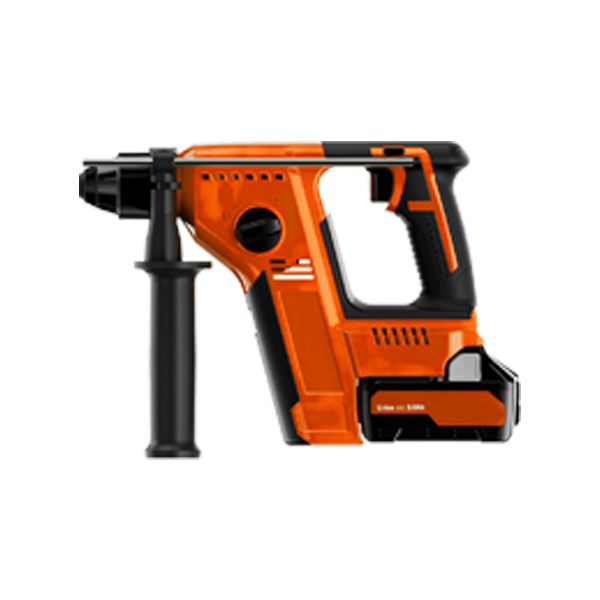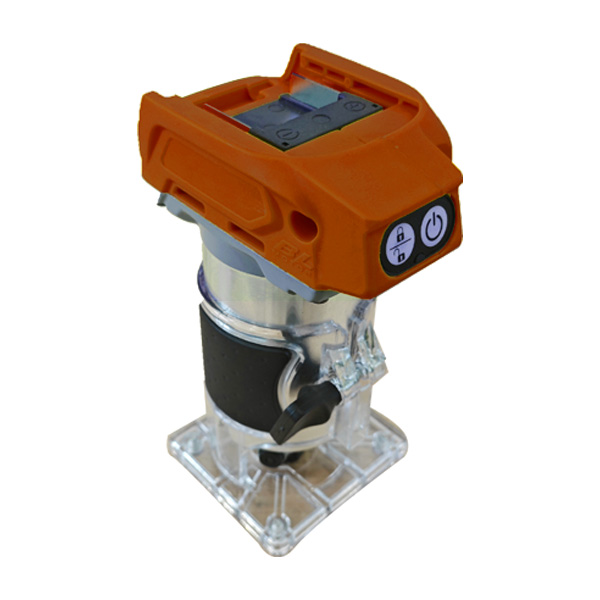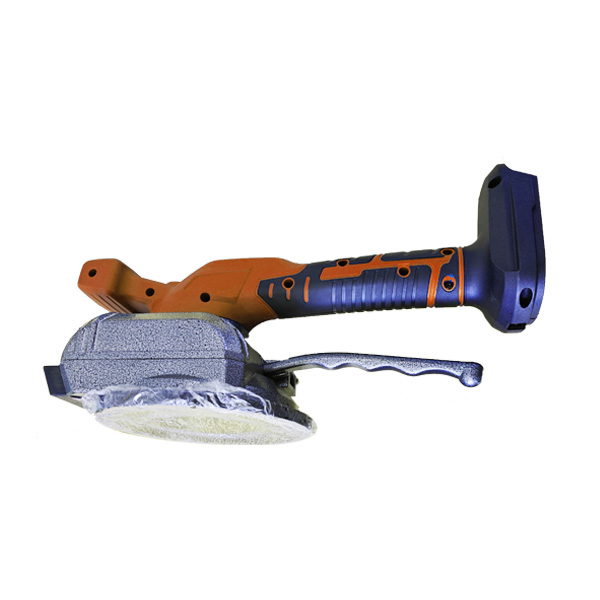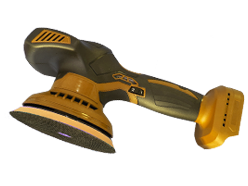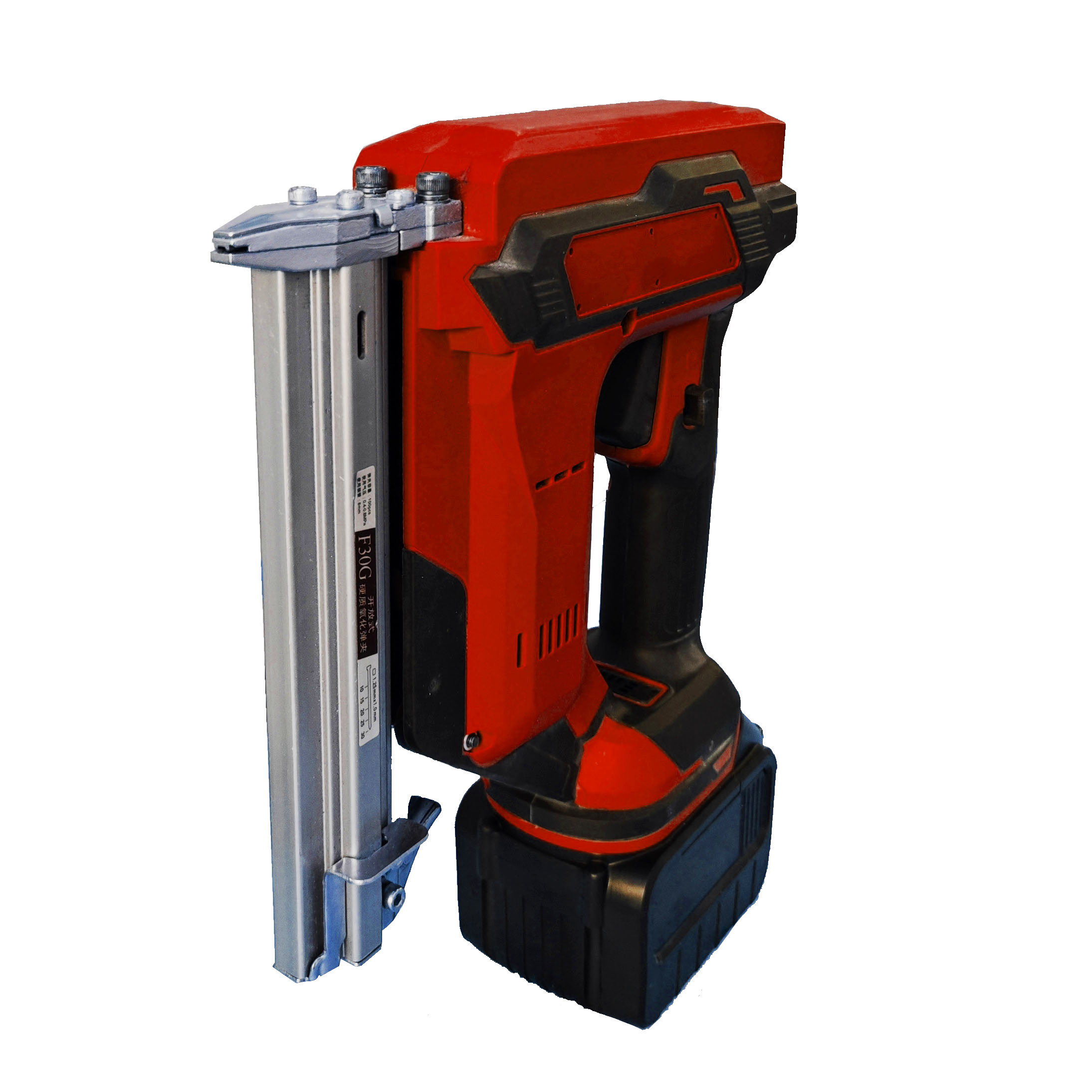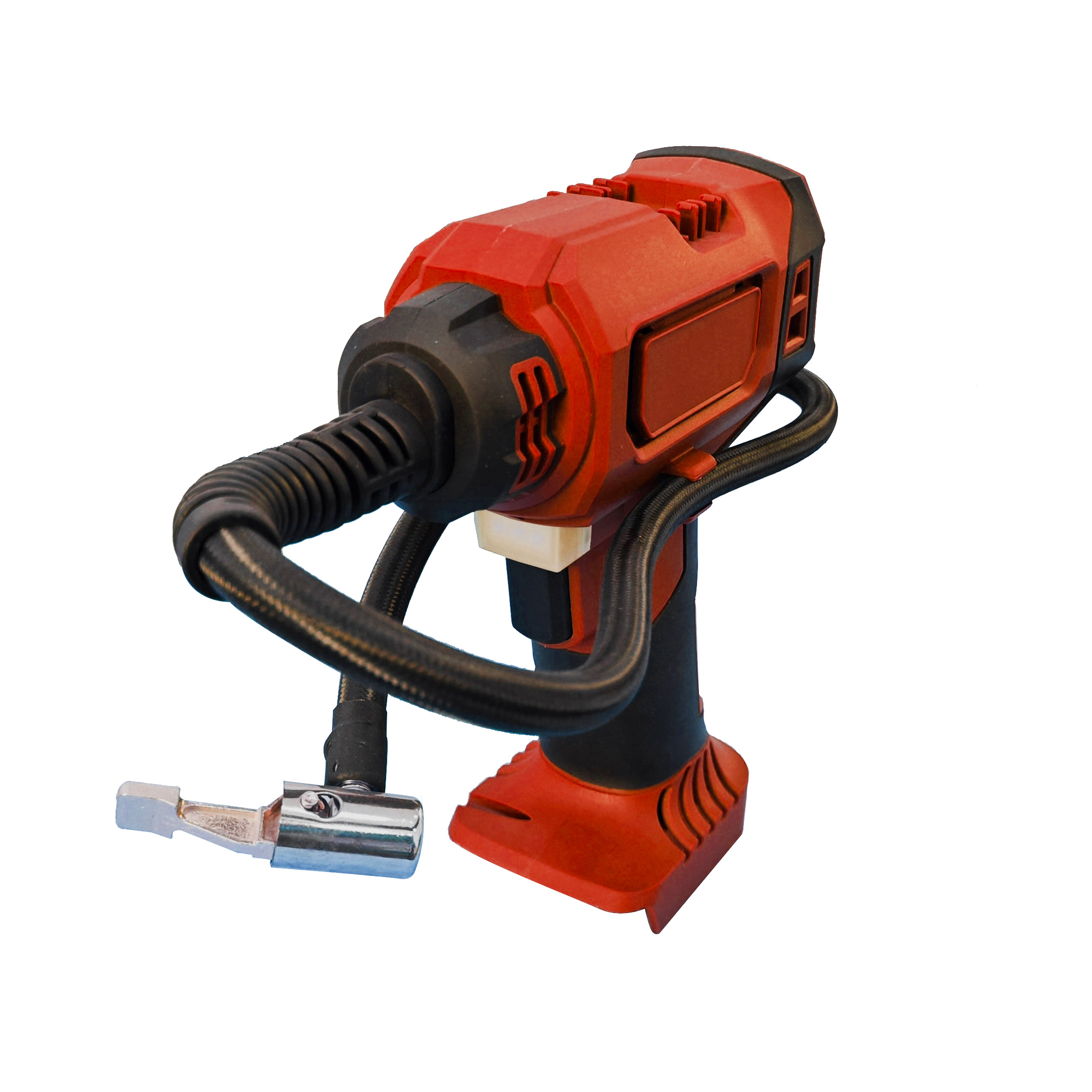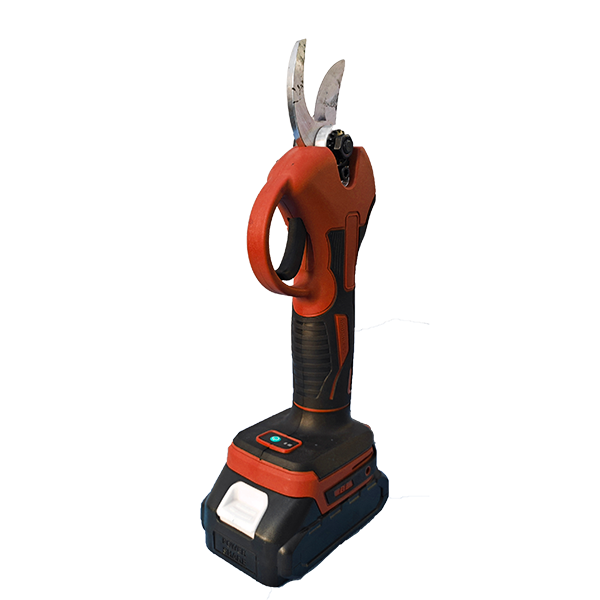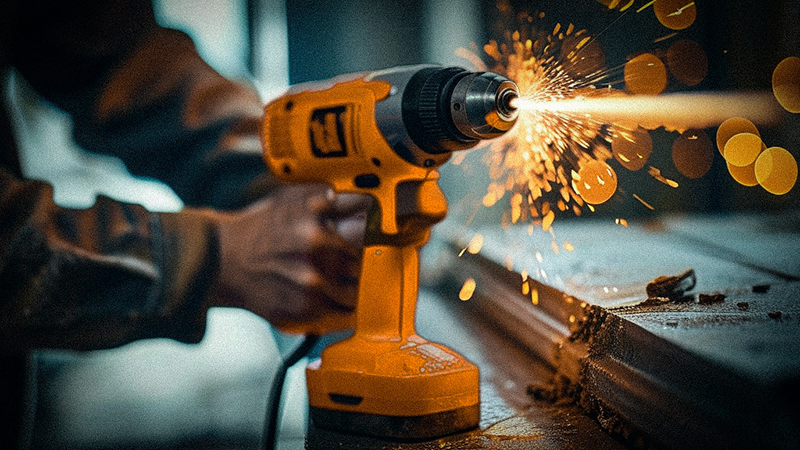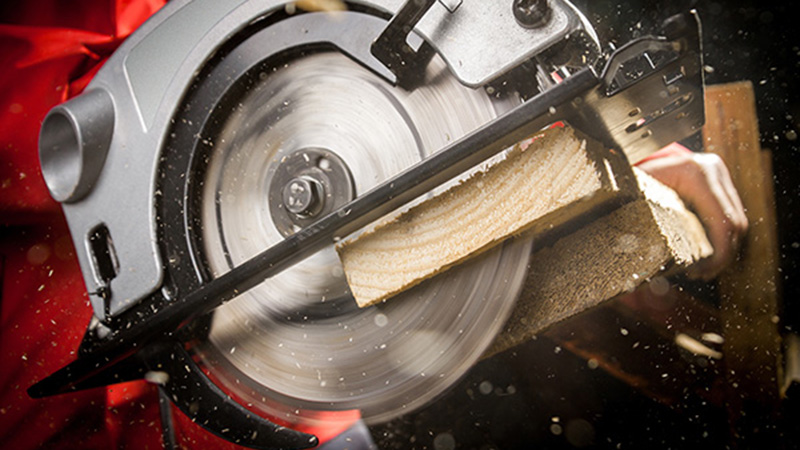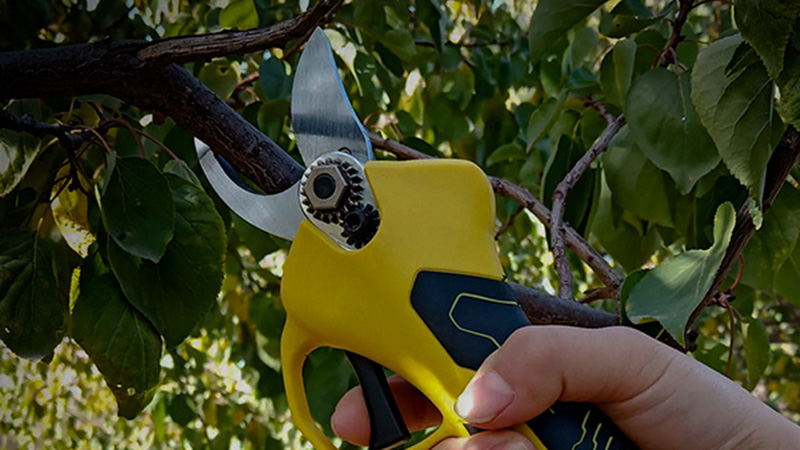Are you thinking about upgrading to a smart lock but worried if it can be hacked? It's a big question many homeowners have. With all the talk about cyber security, it's natural to wonder if these high-tech door locks are truly safe or if they might make your home an easier target. This article dives deep into smart lock security. We'll explore how they work, the real risks of a smart lock being hacked, and how they compare to traditional door locks. More importantly, you'll learn what to look for in a secure smart lock and how to protect your home. As someone who has spent years in manufacturing, focusing on quality and reliability in tools, I, Allen, understand the importance of robust design and trustworthy technology. We'll help you understand if you can truly remotely unlock your door with peace of mind and if smart locks are safe enough for your home security.
What Exactly is a Smart Lock and How Does It Work?
A smart lock is an electromechanical door lock that's designed to perform locking and unlocking operations on a door when it receives instructions from an authorized device using a wireless protocol and a cryptographic key. Think of it as the next step up from your old traditional lock. Instead of just using a physical key, smart locks offer multiple ways to unlock your door. You might use a smartphone app, a keypad to enter a password, or even your fingerprint.
These locks work by communicating with your smartphone or a smart home hub, often using Bluetooth or Wi-Fi. When you tell your phone to unlock the door, it sends an encrypted signal to the smart lock. If the signal is recognized and authenticated, the lock's mechanism will engage or disengage. Some advanced models, like the Custom Home Security Tuya 3D Face Smart Locks Waterproof Digital Fingerprint Door Lock—Y8, even use facial recognition! This wireless technology is what allows for features like remote access, activity logs (so you know who entered and when), and integration with other smart devices in your home security system.
From my perspective as Allen, a manufacturer focused on precision and reliability (much like in our power tool production), the engineering behind a good smart lock is fascinating. It's a blend of robust physical security and sophisticated digital encryption. The goal is to provide not just convenience but also enhanced home security. Many smart locks require careful design to protect against both physical tampering and digital attempts to hack them.

The Big Question: Can Smart Locks Really Be Hacked?
This is the question on everyone's mind: can a smart lock be hacked? The straightforward answer is yes, theoretically, any device connected to a network, including a smart lock, has some vulnerability and can potentially be hacked. However, the likelihood and ease of this happening depend hugely on the specific smart lock, its security features, and how it's set up and maintained. It’s not as simple as a hacker casually deciding to unlock your door.
Think about it this way: traditional door locks can be picked, bumped, or drilled. No lock is 100% impenetrable. Similarly, smart locks face different kinds of threats – digital ones. A skilled hacker might try to intercept wireless signals, exploit software flaws, or guess weak passwords. The concern about a lock being hacked is valid, but reputable manufacturers of smart locks invest heavily in security measures to prevent these scenarios. They use strong encryption (like 128-bit encryption or higher), secure authentication protocols, and regular software updates to patch vulnerabilities.
So, while the possibility of a smart lock being hacked exists, it's not an everyday occurrence for well-designed and properly managed smart locks. The focus should be on understanding the risks and taking steps to mitigate them. As a business owner, Mark Thompson, my typical customer, is always concerned about reliability and security – whether it's for his power tool purchases or his own home security solution. He’d want to know that his chosen smart door lock is as robust as possible. This is why understanding whether smart locks are safe involves looking at the whole picture, not just the headline fear.
Are All Smart Locks Created Equal? Unveiling Common Vulnerabilities.
No, definitely not! Just like any other tech product, the quality and security of smart locks can vary wildly. Some are built like digital fortresses, while others might have weaknesses a determined individual could exploit. Understanding these common vulnerabilities is key to choosing a smart lock that truly enhances your home security.
Here are some potential weak points in a smart lock:
- Weak Encryption: If the communication between your smartphone and the smart lock (often via Bluetooth or Wi-Fi) isn't strongly encrypted, a hacker could potentially intercept and decipher the signals to unlock the door. Look for smart locks that boast strong encryption standards.
- Software Flaws: Like any software, the firmware or app controlling a smart lock can have bugs. If these aren't patched quickly through software updates, they can become a vulnerability. This is why choosing a brand that regularly updates its software is crucial.
- Poor Password Practices: Many smart locks use passwords or PINs for keypad access or app login. If users choose weak, easily guessable passwords (like "1234" or "password"), it’s like leaving the key under the mat for your traditional door.
- Insecure Network Connection: If your smart lock connects to your home Wi-Fi network, the security of that network itself is important. A compromised Wi-Fi network could potentially give a hacker access to connected smart devices, including your door lock.
- Physical Vulnerabilities: While we focus on digital hacking, don't forget physical security. A smart lock should still be physically robust and resistant to common lock picking techniques or brute-force attacks, just like a good standard lock.
- Lack of Two-Factor Authentication: Two-factor authentication (2FA) adds an extra layer of security by requiring a second form of verification besides just your password. Not all smart locks or their apps offer this, but it's a highly recommended feature.
As a manufacturer, I can tell you that cutting corners on materials or testing can lead to significant issues down the line. The same applies to smart lock security. A cheap, no-name smart lock might not have undergone the rigorous testing and development that a reputable brand invests in.
Bluetooth vs. Wi-Fi Smart Locks: Which Offers Better Security?
When you're looking at smart locks, you'll often see them categorized by how they connect: primarily Bluetooth or Wi-Fi. Each has its pros and cons, and the security implications are worth considering. Is one inherently more secure when we talk about a smart lock being hacked?
Bluetooth Smart Locks:
- How they work: Bluetooth smart locks (often using Bluetooth Low Energy or BLE) communicate directly with your smartphone when it's within a short range (usually around 30-40 feet). They don't directly connect to the internet on their own.
- Security Aspects: Because they don't have a direct internet connection, their attack surface can be smaller. A hacker would typically need to be physically close to your home to attempt to intercept Bluetooth signals. However, vulnerabilities in the Bluetooth protocol itself or in the lock's implementation of it can still be exploited. Strong encryption between the phone and the lock is paramount.
- Remote Access: To remotely unlock a Bluetooth smart lock from anywhere, you usually need an additional Wi-Fi bridge or hub that connects the Bluetooth lock to your home Wi-Fi network. This bridge then becomes a point to consider for security.
Wi-Fi Smart Locks:
- How they work: Wi-Fi smart locks connect directly to your home Wi-Fi network, allowing you to lock and unlock your door from anywhere you have an internet connection, without needing a separate bridge.
- Security Aspects: The direct internet connection offers great convenience but also potentially a wider attack surface if not secured properly. Security depends heavily on the encryption used, the security of your home Wi-Fi network (use a strong password!), and the manufacturer's cloud security if remote access goes through their servers. Regular software updates are critical for these locks safe operation.
- Convenience: The ability to unlock the door for a guest while you're at work, or check if you forgot to lock the door, is a major plus for many.
Ultimately, neither Bluetooth nor Wi-Fi is definitively "more secure." A poorly designed Bluetooth smart lock can be less secure than a well-designed Wi-Fi smart lock, and vice versa. The crucial factors are the strength of the encryption, the implementation of the security features, the manufacturer's commitment to software updates, and your own practices like using strong passwords and securing your home network. When comparing smart locks, look at the overall security measures rather than just the connection type.

Smart Lock Security vs. Traditional Locks: Which is Safer for Your Home?
This is a classic debate: is a newfangled smart lock really safer than a trusty old traditional lock and key? The truth is, both have their strengths and weaknesses, and the "safer" option often depends on the specific products being compared and how they are used. Let's break down the smart lock security versus traditional door locks.
Traditional Locks:
- Pros: They are familiar, generally don't rely on power or connectivity, and a high-quality traditional lock (like a deadbolt with a long throw bolt and reinforced strike plate) can offer excellent physical security against forced entry. They aren't vulnerable to digital hacking.
- Cons: Keys can be lost, stolen, or copied. If you lose a key, you might need to rekey or replace the entire door lock. They are susceptible to lock picking techniques, bumping, and drilling, especially cheaper models. You also have no way of knowing if someone has made unauthorized copies of your spare keys, and you can't remotely unlock your door or grant temporary access.
Smart Locks:
- Pros: Smart locks offer convenience like keyless entry (via keypad, fingerprint, or smartphone), the ability to remotely unlock and lock your door, grant temporary access codes for guests or service people, and keep an activity log. Many well-built smart locks also have strong physical components. Features like automatically lock after a certain period can ensure your door isn't accidentally left unlocked. Some, like the Stainless Steel Patio Door Fingerprint Password Keyless Entry Smart Lock with Tuya APP—Q1, combine robust materials with smart features.
- Cons: They rely on power (usually batteries, which need replacing). They can be vulnerable to digital hacking if not properly secured or if they have software flaws. They can also be more expensive than traditional locks. A concern for many is "what if the tech fails?" which is why many smart locks still include a physical key override.
So, secure are smart locks compared to their older counterparts? A high-quality, well-maintained smart lock can be more secure than a cheap or poorly installed traditional lock. The ability to manage access, receive alerts, and avoid issues with lost keys are significant security benefits. However, a top-tier traditional deadbolt might still offer superior resistance to a brute-force physical attack compared to a flimsier smart lock. The ideal home security solution might even involve using a smart lock in conjunction with a traditional deadbolt for layered security.
Key Security Features to Demand When Choosing a Smart Lock.
When you're ready to choose a smart lock, you're not just buying convenience; you're investing in your home security. So, what specific security features should be on your checklist? As someone who deals with product specifications daily, I, Allen, know that the details matter. Here’s what to look for to ensure your new lock is a strong defender of your home:
- Strong Encryption: This is non-negotiable. Look for smart locks that use robust encryption standards, like AES 128-bit encryption or higher, for communication between the lock, your app, and any cloud services. This makes it incredibly difficult for a hacker to intercept and understand the data used to unlock your door lock.
- Two-Factor Authentication (2FA): For app-based access, 2FA adds a critical layer of additional security. It means that even if someone gets your password, they still need a second piece of information (like a code sent to your phone) to enter your home.
- Regular Software Updates: The manufacturer should have a proven track record of providing timely software updates to patch any discovered vulnerabilities. This is crucial for long-term smart lock security.
- Tamper Alerts: Some smart locks can send you an alert if someone is trying to physically tamper with the door lock or enter incorrect passwords too many times on the keypad.
- Auto-Lock Feature: This is a fantastic feature for peace of mind. The smart lock can be set to automatically lock the door after a predetermined period, so you never have to worry if you forgot to lock it.
- Activity Log: Knowing who entered your home and when can be a valuable security feature. Look for smart locks that provide a detailed and secure activity log.
- Physical Durability: Don't forget the basics! The smart lock itself should be made of strong materials and resistant to physical attacks like drilling or prying. Look for ANSI/BHMA ratings, which grade the physical strength of locks.
- Secure Authentication Methods: Whether it’s fingerprint scanning, a secure keypad design that resists smudging to reveal codes, or robust app-based authentication, ensure the methods to unlock the door are themselves secure.
- Guest Access Control: The ability to create temporary or recurring access codes for different people (like dog walkers or cleaners) and then easily revoke them is a major security and convenience benefit over spare keys.
Investing in a smart lock with these security features is like choosing high-quality, certified power tools – you’re prioritizing safety and reliability.
Expert Tips: How Can I Maximize My Smart Door Lock's Security?
Even the most secure smart lock needs a little help from you to maintain its defenses. Just installing a smart device isn't enough; ongoing vigilance is key to keeping your home security robust. Here are my top tips, drawing from an understanding of how technology and human practices interact, to keep your smart door lock safe:
- Use Strong, Unique Passwords: This applies to your smart lock app account, your home Wi-Fi network, and any keypad codes. Avoid common or easily guessable passwords. Consider using a password manager to generate and store complex passwords.
- Enable Two-Factor Authentication (2FA): If your smart lock app or system offers 2FA, use it! This is one of the most effective ways to prevent unauthorized account access, even if your password is compromised.
- Keep Software and Firmware Updated: This is critical. Manufacturers release software updates to patch security vulnerabilities and improve performance. Enable automatic updates if possible, or check regularly for new versions for your smart lock and its app.
- Secure Your Home Wi-Fi Network: Your smart lock (if Wi-Fi connected) is only as secure as the network it's on. Ensure your router has a strong, unique password, uses WPA2 or WPA3 encryption, and that its firmware is also kept up to date. Consider a separate guest network for visitors if your router supports it.
- Be Wary of Public Wi-Fi: Avoid accessing your smart lock app or managing its settings while connected to unsecured public Wi-Fi networks, as these can be risky.
- Limit Remote Access Features if Not Needed: If you don't frequently need to remotely unlock your door from anywhere, consider if the convenience outweighs any potential (though small) added risk. Some Bluetooth smart locks offer more localized control.
- Regularly Review Access Logs and Permissions: Check who has access to your smart lock and review activity logs for any suspicious entries. Promptly revoke access codes for anyone who no longer needs them.
- Choose Reputable Brands: Opt for well-known brands that have a good reputation for security and customer support. They are more likely to invest in ongoing security measures and provide reliable software updates. Like Mark Thompson looks for reliable suppliers for his business, you should seek out trustworthy smart lock manufacturers.
By following these practices, you significantly reduce the chances of your smart lock being hacked and ensure it remains a strong part of your home security system.
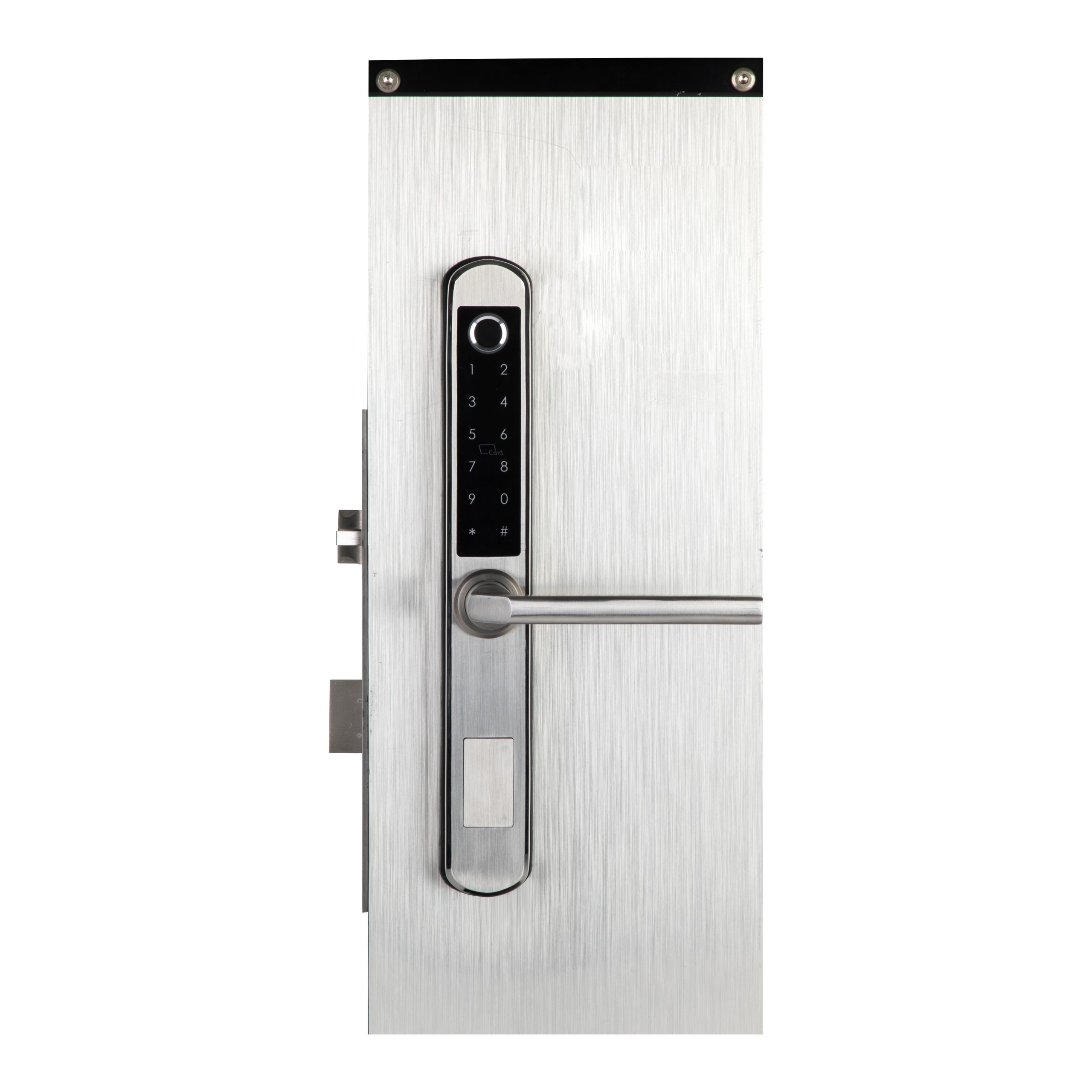
Beyond the Hype: Are There "Unhackable" Smart Locks on the Market?
You might see marketing claims about "unhackable" smart locks, but it's wise to be skeptical. In the world of cybersecurity, claiming something is absolutely "unhackable" is a very bold statement, and often an unrealistic one. Any system designed by humans can, theoretically, be outsmarted by other humans, especially a determined hacker with enough resources and time.
However, this doesn't mean all smart locks are safe to the same degree or that you should abandon the idea. The goal is to make a smart lock so difficult and time-consuming to hack that it's simply not worth the effort for most attackers. Well-built smart locks from reputable companies employ multiple layers of security, including strong encryption, secure authentication protocols, tamper resistance, and regular software updates. These security features make them incredibly challenging to compromise.
Instead of searching for an "unhackable" smart lock, focus on finding one with the latest security protocols and a strong commitment from the manufacturer to ongoing security. Consider factors like:
- End-to-End Encryption: Data should be encrypted at every point – on your smartphone, in transit, and on the lock itself.
- Secure Hardware Elements: Some smart locks incorporate secure elements in their hardware to protect cryptographic keys.
- Independent Security Audits: Brands that subject their products to third-party security testing demonstrate confidence in their smart lock security.
- Transparent Security Policies: Look for companies that are open about their security practices and how they handle vulnerability reports.
While no electronic lock can be guaranteed 100% immune to every conceivable future threat, the risk of your specific, high-quality smart lock being hacked by a random attacker is generally very low, especially if you follow good security hygiene. It's often easier for criminals to exploit simpler vulnerabilities, like an unlocked window or a poorly secured traditional door, than to mount a sophisticated digital attack on a robust smart lock. The focus should be on strong security, not an unattainable "unhackable" status.
What Does the Future Hold for Smart Lock Security and Home Security Systems?
The world of smart home technology is constantly evolving, and smart lock security is no exception. As we look ahead, we can expect several advancements aimed at making these devices even more secure and integrated into broader home security systems. This is exciting because it means our homes could become even safer and smarter.
We're likely to see more sophisticated authentication methods. While fingerprint scanners and keypads are common, we might see wider adoption of biometric technologies like voice recognition or even vein pattern scanning for additional security. Imagine your door lock recognizing you simply by your voice! Artificial intelligence (AI) will also play a bigger role. AI could help smart locks detect unusual patterns or attempted breaches in real-time, potentially even before a hack is successful, and alert homeowners or even security systems.
Integration with other smart home security system components will deepen. Your smart lock could work more seamlessly with security cameras, alarm systems, and even smart thermostats. For instance, if your smart lock detects a forced entry attempt, it could automatically trigger your cameras to record, sound an alarm, and notify you on your smartphone. We're also seeing a push towards more standardized communication protocols for smart devices, which could improve interoperability and, if implemented correctly, overall security. The development of new encryption standards will continue to strengthen the digital defenses of smart locks.
As a manufacturer, I, Allen, am always interested in how new technologies can improve product quality and reliability. For smart locks, this means embracing innovations that make it harder for a lock being hacked while enhancing user convenience. For customers like Mark Thompson, who value both quality and forward-thinking solutions, these future developments promise even better ways to secure home environments. The goal is always a smart home that's not just convenient, but fundamentally safer.
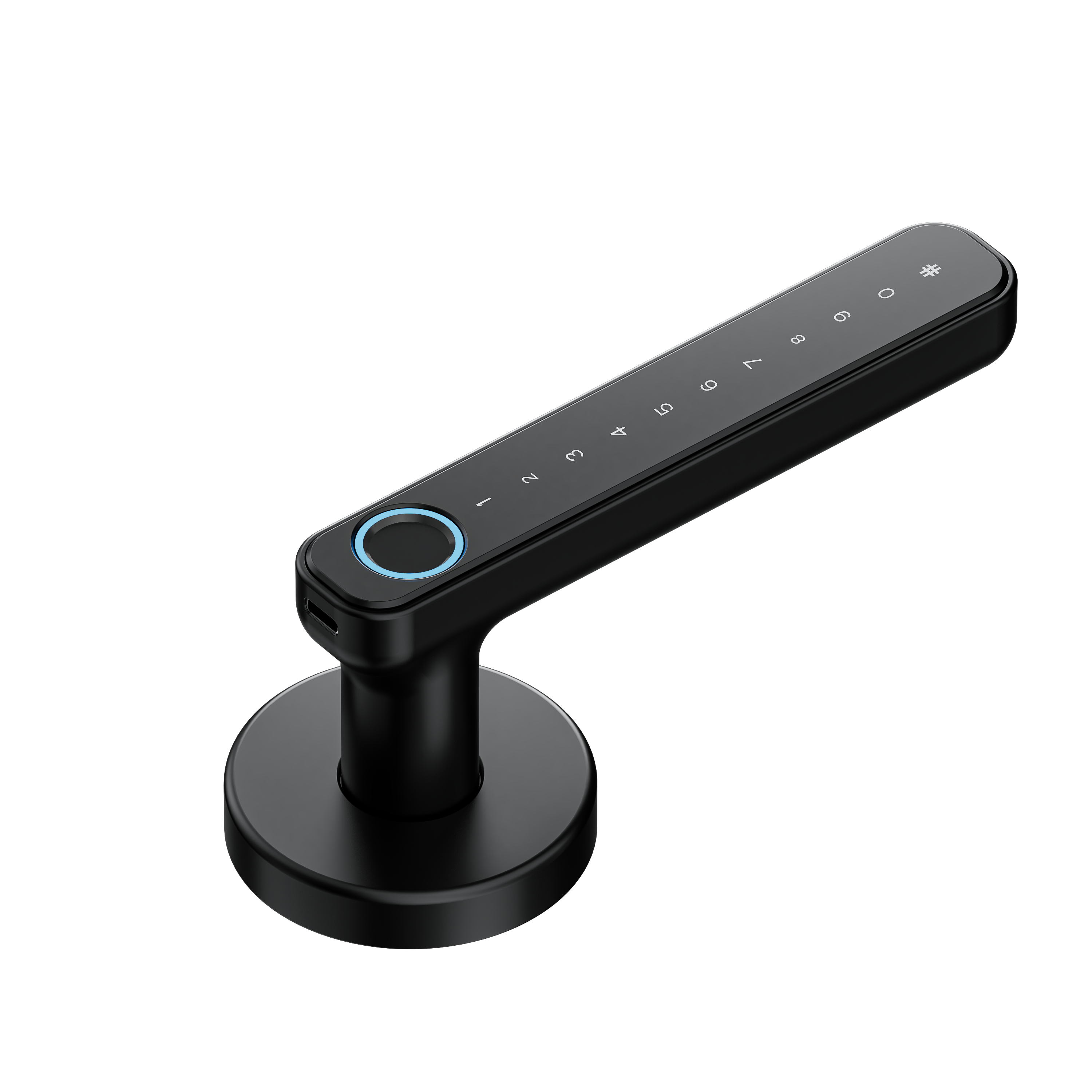
Comparing Smart Locks: Making an Informed Decision for a Secure Home.
Comparing smart locks can feel overwhelming with so many options available. How do you sift through the features and marketing to find a smart lock that truly meets your needs for security and convenience? It’s about asking the right questions and knowing what to prioritize for your home security solution.
Start by considering your specific needs. Do you need to remotely unlock your door from anywhere frequently, or is Bluetooth range sufficient? Are you looking for a smart lock with a keypad, fingerprint access, or do you prefer to primarily use your smartphone? Products like the Digital Password Keyless Smart Tuya APP Control Apartment Home Room Wooden Door Lock—X8 offer app control and keypad options, catering to different preferences.
Next, delve into security features. Don't just take claims at face value.
- Encryption Standards: Confirm the level of encryption used (e.g., AES 128-bit encryption or higher).
- Authentication Methods: Evaluate the security of the authentication (e.g., two-factor authentication for app access).
- Software Update Policy: Research the manufacturer's history of providing timely software updates.
- Physical Build Quality: Check for ANSI/BHMA ratings or look for locks made from durable materials. Is it resistant to common physical attacks beyond just digital hacking?
- User Reviews and Expert Opinions: See what other users and professional reviewers say about the smart lock security and reliability. Look for patterns in feedback.
Consider the ecosystem. If you already have a smart home security system (e.g., Alexa, Google Home, Apple HomeKit), check for compatibility. A smart lock that integrates well with your existing smart devices can offer enhanced functionality. Finally, think about ease of installation and use. While installing a smart lock can be a DIY project, some are more complex than others. Ensure the app is user-friendly and that managing access codes for different people is straightforward.
By systematically comparing smart locks based on these criteria, you can move beyond the fear of your smart lock being hacked and confidently choose a smart lock that provides the additional security and peace of mind you're looking for. Remember, the best smart door lock for you is one that fits your lifestyle, offers robust security measures, and comes from a reputable manufacturer committed to protecting your secure home.
Key Takeaways to Secure Your Smart Lock:
- No Lock is Unhackable: While a smart lock can be hacked, reputable ones use strong encryption and security features to make it extremely difficult. The risk for a well-maintained, quality smart lock is low.
- Choose Wisely: Not all smart locks are safe to the same degree. Prioritize smart locks with strong encryption (AES 128-bit or higher), two-factor authentication, regular software updates, and good physical build quality.
- Your Habits Matter: Use strong, unique passwords for your smart lock app and Wi-Fi. Keep software updated. Be cautious with public Wi-Fi.
- Connectivity Choices: Both Bluetooth smart locks and Wi-Fi smart locks can be secure if well-designed. Security depends more on implementation than connection type alone.
- Smart vs. Traditional: A high-quality smart lock can offer more security features and convenience (like remote access, activity logs, and temporary codes) than many traditional door locks, especially when it comes to managing access and preventing issues like lost spare keys.
- Layer Your Security: Consider your smart door lock as one component of your overall home security system, which might include security cameras and alarms.
- Stay Informed: The technology and threat landscape are always evolving. Choose brands that are transparent about their security practices and stay proactive.
Post time: 5 月-22-2025

